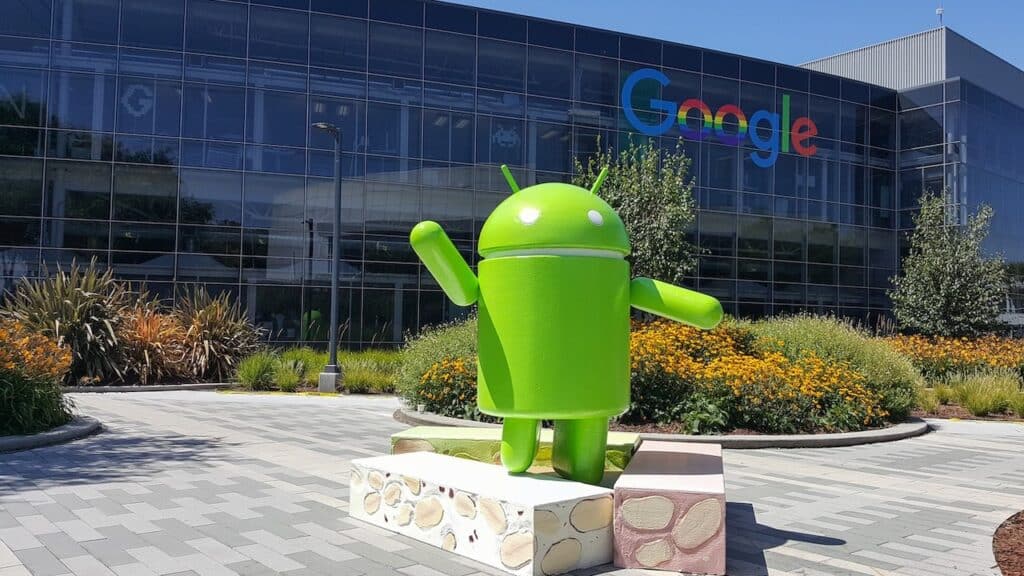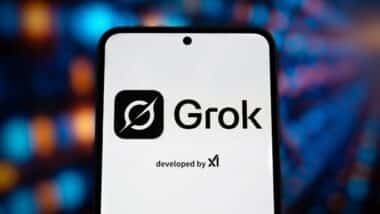
Google Android data use class action overview:
- Who: A California jury sided with a class of Android users who filed a lawsuit against Google.
- Why: The jury found Google liable for secretly transferring Android users’ cellular data without their consent.
- Where: The Google class action lawsuit was filed in California state court.
- How to participate: Instructions for filing a claim are not yet available on the settlement website. Sign up for our free newsletter to receive updates as they become available.
A California state jury has sided with a class of millions of Android mobile device users who alleged Google transferred cellular data from their devices without their consent for information harvesting and surveillance purposes, awarding the users more than $314.6 million.
The jury found Google LLC caused Android devices to secretly send certain information over cellular networks for Google’s own purposes. Moreover, the transfers were charged against users’ cellular data plans consuming their cellular data, according to plaintiffs Attila Csupo, Andrew Burke and Kerry Hecht.
The jury also agreed that the Android users own their cellular data as property, Google interfered with that property by “knowingly or intentionally taking possession of or preventing” them from having access to the data, and users did not consent to that. In doing so, users were harmed, and Google’s conduct was a substantial factor in causing that harm, according to the verdict form.
Google disagrees with jury’s verdict, plans to appeal
Glen Summers of Bartlit Beck LLP, one of the attorneys representing the plaintiffs, told Law360 on Tuesday, “We are deeply gratified by the jury’s verdict.”
“The evidence at trial revealed that Google secretly collects a massive amount of information from Android smartphones, and needlessly consumes Android owners’ cellular data without their consent to do so,” Summers said.
“The evidence also revealed that for many years Google has known that Android settings which purport to allow users to turn off background mobile data usage are largely illusory and do not stop the transfers.”
He added that with its verdict, “the jury sends a loud message to Google that it must actually honor its commitment to respect user choice and not just pay lip service to it.”
José Castañeda, a Google spokesperson, said in a statement that the company disagrees with the decision and plans to appeal.
“This ruling is a setback for users, as it misunderstands services that are critical to the security, performance and reliability of Android devices,” Castañeda said.
You may be a class member of the Android data use settlement if you resided in the State of California, and used a mobile phone running a Google-licensed version of the Android operating system with a cellular data plan anytime between August 9, 2016, to the present
In related news, a new class action alleges Meta Platforms illegally collected browsing information from Android users without their consent.
What do you think of the jury’s $314 million verdict against Google? Let us know in the comments.
The plaintiffs are represented by Glen Summers, Karma Giulianelli, Hamilton Hill, Lin Brenza, Benjamin Montague and Jacob Marsh of Bartlit Beck LLP, Marc Wallenstein and Chad Bell of Korein Tillery LLC, and Elizabeth Pitkin of McManis Faulkner.
The Google Android class action lawsuit is Attila Csupo et al. v. Google LLC, Case No. 19CV352557, in Superior Court of the State of California, County of Santa Clara.
Don’t Miss Out!
Check out our list of Class Action Lawsuits and Class Action Settlements you may qualify to join!
Read About More Class Action Lawsuits & Class Action Settlements:
- Dialpad class action claims AI tech company illegally ‘taps’ T-Mobile customer service calls
- Chrysler recalls over 250,000 vehicles due to dangerous airbag issues
- Kraft Heinz recalls 368,000 pounds of cooked turkey bacon over listeria concerns
- Meta class action claims company enabled stock manipulation in ads scam















944 thoughts onGoogle must pay Android users $314M for secretly harvesting their data
Had me I use Google everyday for years I believe they have some of my personal information
Google has been charging my cash app account and I have no idea why. I haven’t authorized any of the transactions that were made. I closed that account and now just use my chime account but recently I got a notification saying that Google Cash app just tried charging my chime account. Google is nothing but a scam and I can’t help but think that the owners are getting rich from all their illegal charges. If love to file a lawsuit on them for this. I don’t think 314 million is enough. They certainly owe more people than just in California.
I was scammed by Google pay giving out my banking info would like to get in on this 314M for secretly reply harvesting data.